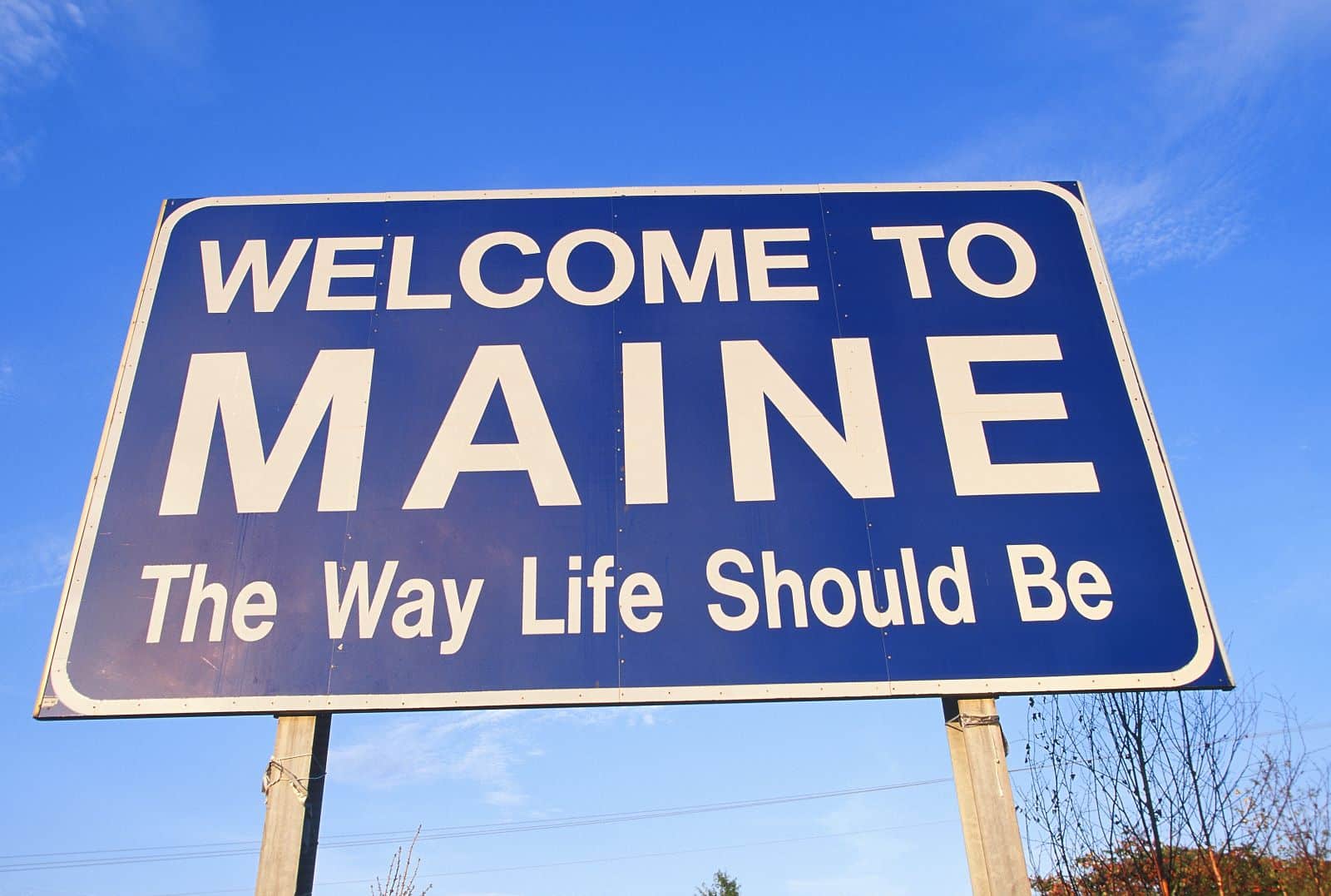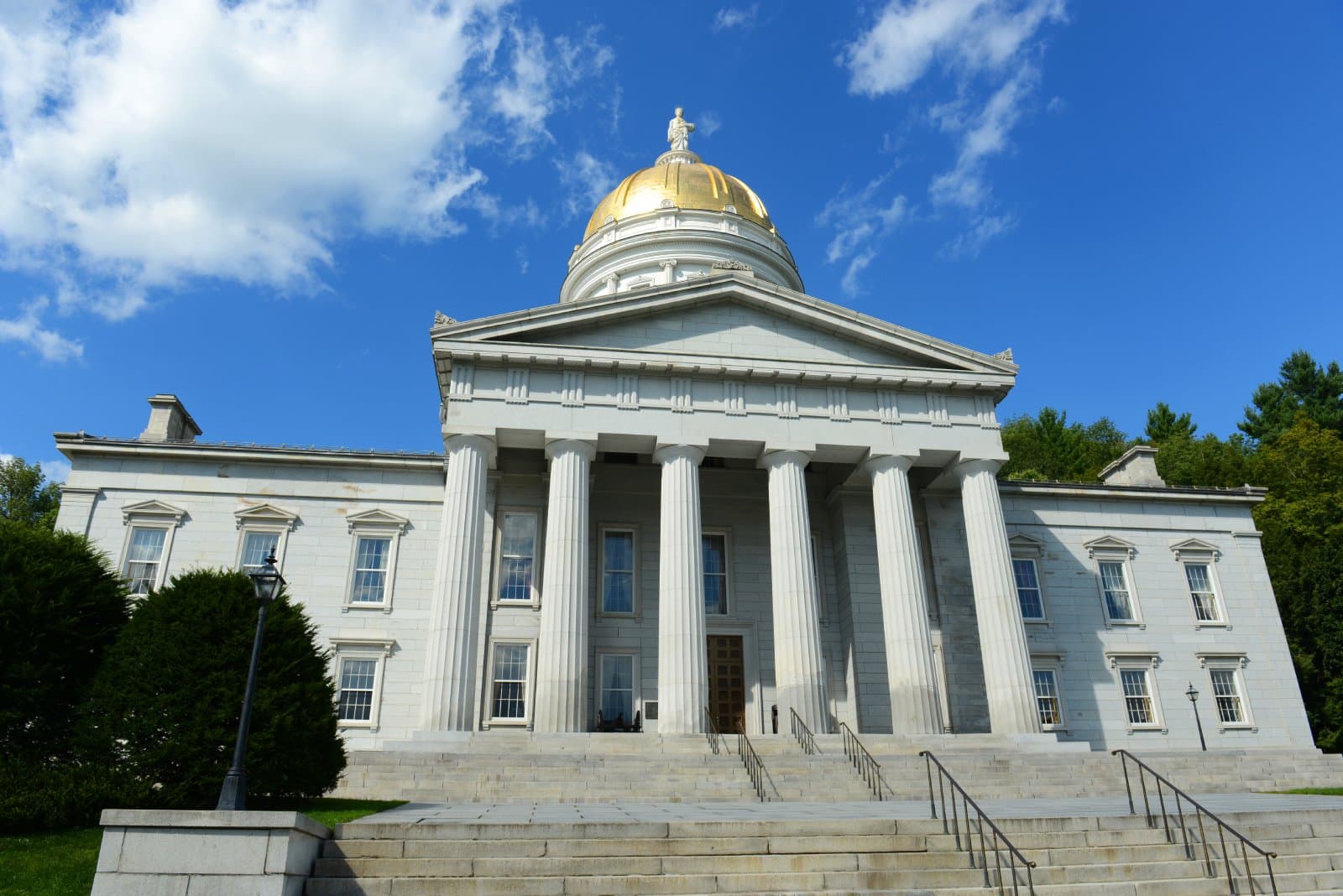As the legalization of cannabis sweeps through the United States, each state paints a unique picture with its own shades of green. With laws that range from fully legal to staunchly prohibited, the impacts are as diverse as they are profound. How have these varied approaches affected local economies, public health, and law enforcement?
#1. Colorado: Trailblazers of Legalization

Colorado was one of the first states to legalize recreational marijuana in 2012. The move has since generated over $1 billion in tax revenue, funding education, mental health services, and substance abuse programs. Despite fears of increased crime, Denver has seen a drop in violent crime rates post-legalization.
#2. Washington: Setting Standards

Joining Colorado, Washington State legalized recreational cannabis in 2012. It has created a highly regulated market that emphasizes consumer safety and public health. The state has generated substantial tax revenue, though the strict regulations have sometimes stymied smaller businesses.
#3. California: Big Market, Big Issues

California, known for its 1996 medical marijuana approval, went fully legal in 2016. As the largest market in the U.S., it has faced challenges such as overproduction, black market sales, and regulatory hurdles, yet it remains a global leader in cannabis innovation.
#4. Massachusetts: East Coast Pioneer

Massachusetts legalized recreational marijuana in 2016. The state has seen slow but steady growth in its cannabis market, with sales contributing to public health, safety, and education. However, local municipalities grappling with zoning and licensing have slowed the opening of new dispensaries.
#5. Nevada: Quick Rollout, High Rewards

Nevada legalized recreational cannabis in 2016 and quickly implemented sales by 2017. The state has benefited from significant tax revenues, much of which supports public education. Its tourist-driven market complicates the regulation but provides a steady stream of consumers.
#6. Maine: From Medical to Recreational

After legalizing medical marijuana in 1999, Maine approved recreational use in 2016. Implementation was slow, only starting sales in 2020, but the state has maintained a focus on supporting local growers and retailers over large out-of-state corporations.
#7. Michigan: Midwestern Momentum

Michigan voters approved recreational marijuana in 2018, building on medical legalization in 2008. The state has seen robust growth in cannabis sales, leading to substantial tax revenues. Local economies have benefited, but rural areas struggle with access and distribution.
#8. Illinois: Progressive Policies

Illinois made history by becoming the first state to legalize recreational cannabis through legislation rather than voter initiative in 2019. The law includes strong social equity provisions, aiming to repair harms caused by the war on drugs.
#9. Vermont: Small State, Big Steps

Vermont legalized recreational marijuana through legislative action in 2018. Unlike other states, it initially did not permit commercial sale, focusing instead on decriminalization and cultivation for personal use. Sales began in 2022, with a focus on small, local businesses.
#10. Alaska: High North Liberties

Alaska’s voters passed recreational marijuana legalization in 2014. The state has capitalized on cannabis tourism, integrating with its rugged, adventurous brand. However, remote locations present unique challenges for distribution and enforcement.
#11. Oregon: Sustainability in the Spotlight

Oregon, which legalized in 2014, has placed a significant emphasis on environmental sustainability within its cannabis industry. The state faces oversupply issues but is a pioneer in exporting cannabis products and expertise.
#12. Arizona: From Medical to Recreational Fast Track

After nearly a decade of medical marijuana, Arizona approved recreational use in 2020. The transition has been swift, with sales starting in 2021. The state has seen significant economic impacts but continues to adjust regulations to tackle emerging issues like underage use and driving under the influence.
#13. New Jersey: Urban Impact

New Jersey legalized recreational cannabis in 2020 after years of debate. Positioned near major metropolitan areas, the state aims to become a significant market in the East Coast cannabis landscape. Initial sales began in 2022, with tax revenue earmarked for community reinvestment and education.
#14. New York: A Slow Burn to Start

New York legalized recreational marijuana in 2021, focusing on equity with licenses prioritized for those impacted by previous marijuana convictions. While sales have yet to begin, the state is establishing a framework to ensure a diverse, equitable industry.
#15. Connecticut: Focus on Fairness

Connecticut legalized recreational marijuana in 2021 with a strong emphasis on social equity. The state plans to use cannabis tax revenue to support addiction treatment and community reinvestment programs, although sales are not expected to start until late 2022.
#16. Virginia: Southern Shift

Virginia became the first Southern state to legalize marijuana in 2021. It has allowed possession and cultivation but has delayed the sale of recreational cannabis until 2024. The state’s cautious approach aims to develop a regulated market that avoids pitfalls seen in other states.
#17. Montana: Rocky Mountain High

Montana voters approved recreational marijuana in 2020. Sales began in 2022, with a focus on benefiting the state’s veterans through tax revenue. Montana’s market is small but growing, with an emphasis on local ownership and cultivation.
#18. South Dakota: Legal Limbo

South Dakota simultaneously passed medical and recreational marijuana in 2020. However, recreational use faces legal challenges, and its future is uncertain. This situation highlights the complexities and controversies surrounding cannabis policy in more conservative states.
#19. Minnesota: Decriminalization Without Legalization

Minnesota has decriminalized cannabis but stops short of full legalization. It allows medical use but has resisted calls for recreational legalization. This cautious approach reflects ongoing debates about public health and safety.
#20. Idaho: Holding the Line

Idaho remains one of the few states firmly against any form of legalization. The state has resisted even limited forms of medical marijuana, citing concerns over potential societal harms and maintaining strict prohibitionist policies.
The Great Green Debate Continues

With each state crafting its approach to cannabis, the national landscape remains a complex tapestry of laws and effects. The ongoing experimentation with marijuana policies offers valuable lessons on regulation, economic impact, and social justice, shaping the future of cannabis in America.
Biden’s New 401(k) Rule: Employers Frustrated as Retirement Planning Responsibilities Shift

The latest Biden administration rule on 401(k) plans is reshaping how employers manage retirement plans. It’s a complex scenario requiring a fresh understanding of fiduciary duties and provider relationships. This rule aims to protect employees but also imposes new responsibilities on employers. Biden’s New 401(k) Rule: Employers Frustrated as Retirement Planning Responsibilities Shift
Elon Musk: New Immigration Bill ‘Enables Illegals to Vote’

Elon Musk is calling for prosecutions after the text for a new senate bill on immigration was released. Musk accused the new bill of “enabling illegals to vote.” Elon Musk: New Immigration Bill ‘Enables Illegals to Vote’
Colorado Officials Reject Sanctuary City Status, Warn Against ‘Dangerous Game’

With increasing numbers of migrants arriving in Colorado, public officials have rejected any notion of the state becoming a sanctuary for migrants and asylum seekers. Colorado Officials Reject Sanctuary City Status, Warn Against ‘Dangerous Game’
Disney Challenges DeSantis’ “Don’t Say Gay” Rule With a Hefty Lawsuit

Disney is set to appeal its refusal for a lawsuit against Ron DeSantis, who stripped the company of its rights for disagreeing with the Governor’s views on the teaching of sexual orientation in classrooms. Disney Challenges DeSantis’ “Don’t Say Gay” Rule With a Hefty Lawsuit
Trump on the Attack as 21 Million Americans Flock to Obamacare, Biden Pushes Forward

An unprecedented surge in health plan enrollments has reignited former President Donald Trump’s commitment to dismantling the program should he secure the GOP nomination once again. Trump on the Attack as 21 Million Americans Flock to Obamacare, Biden Pushes Forward
The post The State-by-State Cannabis Saga: Navigating from Legalization to Legal Limbo first appeared on From Frugal to Free.
Featured Image Credit: Shutterstock / brunocoelho.
The content of this article is for informational purposes only and does not constitute or replace professional financial advice.
For transparency, this content was partly developed with AI assistance and carefully curated by an experienced editor to be informative and ensure accuracy.
